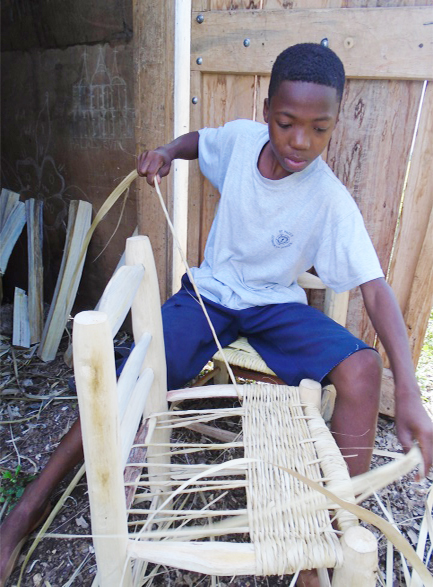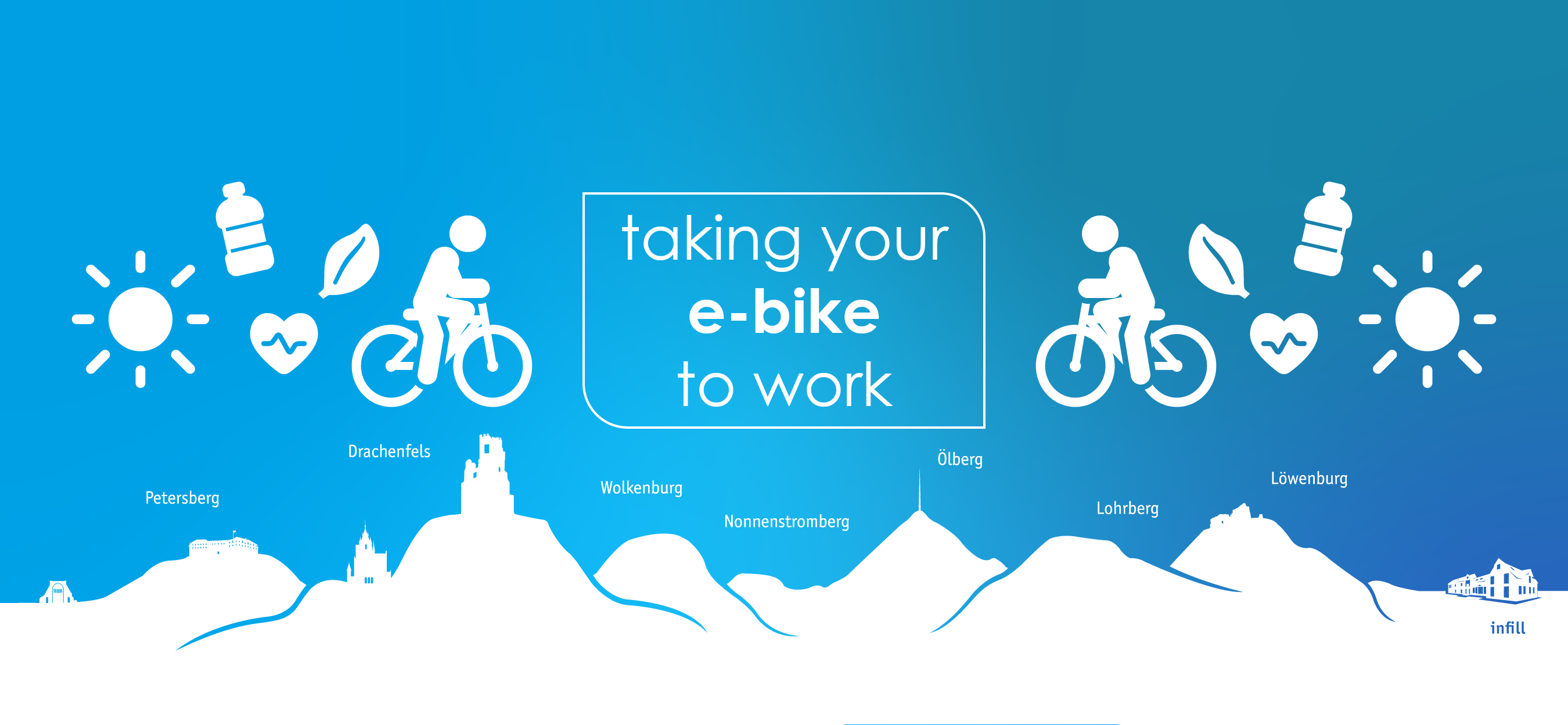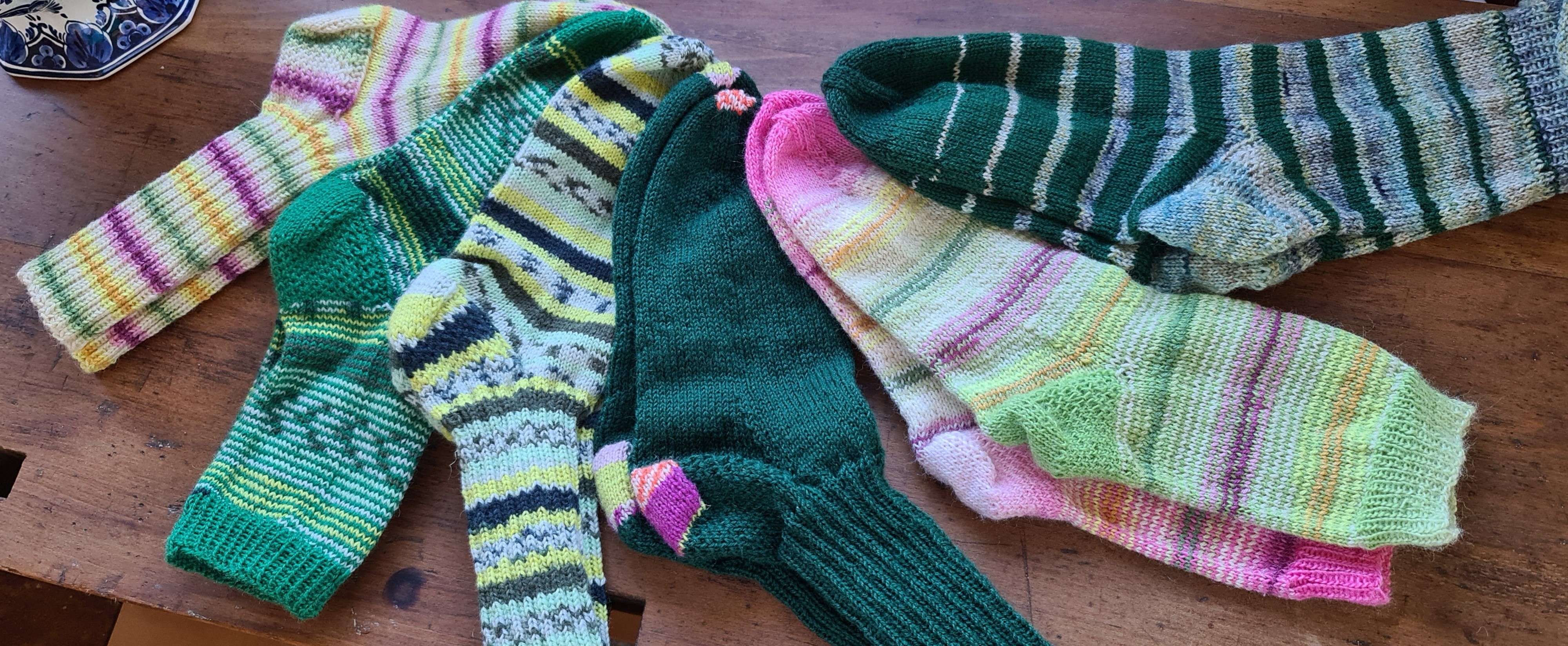Learning for life in the Haitian mountains
As part of our corporate social responsibility programme, we continued to support Kindernothilfe in their efforts to bring health, education and agricultural support to the mountain regions of Haiti.
The situation in Haiti
Life skills can indeed make the difference between surviving or dying when you are born into a Haitian family. Since 2010, the little island in the Caribbean has seen earthquakes, hurricanes and political upheaval. The provisional government neither has the funds nor the infrastructure to support its ailing population, and it often falls to aid organisations to provide basic provisions and education. According to Human Rights Watch, the quality of education is generally low, and 90 percent of schools are run by private entities.[1]
The situation is particularly desperate in remote, rural areas. Since 2016, infill has shared part of its profits with the German charity Kindernothilfe and its local partner RECMOC, to support the inhabitants of the mountain region Carrefour and the village of Dicou. The charities run six small community schools and ensure modern education on a continuous basis.
Education in progress
In the last year, 775 children and youths between the ages of six and 17 years received lessons on a regular basis in the Carrefour region. There are six schools with six different year groups with an average of 20 students. The pupils benefit from modern teaching methods as well as the well-maintained quality standards. Keen learners, they have been able to express themselves a lot better since they have built up a school library with their teachers. Hot school lunches also had a positive impact on learning success. Children have a healthy, substantial meal which often is the only meal they receive in the day.
Acquiring life skills
The more practical life skills are taught in addition to regular lessons, when pupils are instructed in the principles of sustainable farming, different cultivation methods and local crops. They can put their learnings into practice in the school garden where they have been sowing and harvesting fruit and vegetables supervised by gardeners and supported by their parents.
This helps them to secure the livelihood of their village and support their health. Pupils planted tomatoes, aubergines and leeks and helped to keep the garden clean. They were able to enjoy the fruits of their labour partly in the school meals, keeping the other half as seeds for the next year.

The curriculum also includes manual crafts, so those who drop out of school can make a living. Pupils learn to weave the traditional mats, make brooms and chairs, which are later sold on the Carrefour market or used in the school. The proceeds go towards the purchase of new materials.

Support for parents
The education programme also extends to the parents. As many adults are unable to read and write, the project offers literacy courses to parents. The courses were very popular although irregularly attended. Nevertheless, a number of adults are now able to read short documents, like receipts and can sign their name.
We continue to support the inhabitants of the Carrefour region and extend a big thank you to the aid workers supporting the Dicou community.
We should also like to take the opportunity to thank those clients, friends and families who added their donations to our Dicou fund. If you would like to donate, please contact me at schmidt@infill.com
[1] https://www.hrw.org/world-report/2017/country-chapters/haiti as accessed on 6 December 2017









